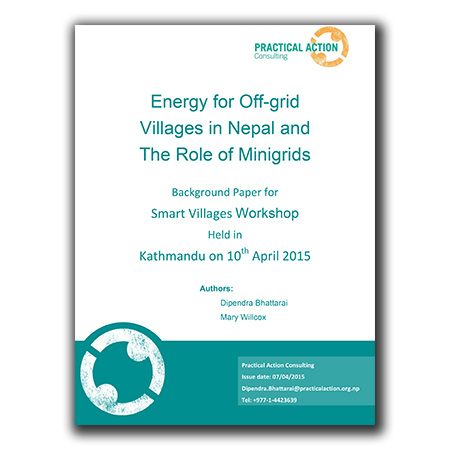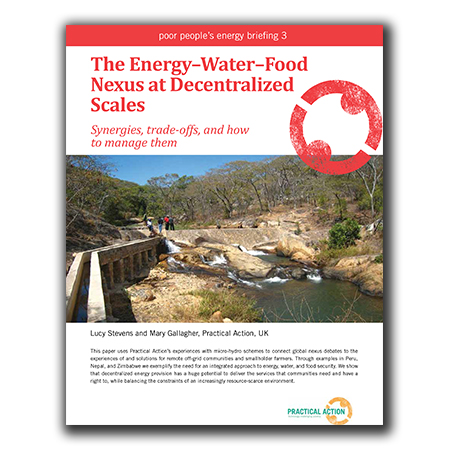WR6: Southeast Asia Media Dialogue: Seoul Workshop Report
More than one billion people in the world still do not have electricity. Over three billion cook on dirty, inefficient and harmful stoves and four million people die prematurely each year as a result. The UN’s Sustainable Energy for All (SE4All) initiative aims to achieve universal access to modern energy services by 2030. The Smart …
WR6: Southeast Asia Media Dialogue: Seoul Workshop Report Read More »




















